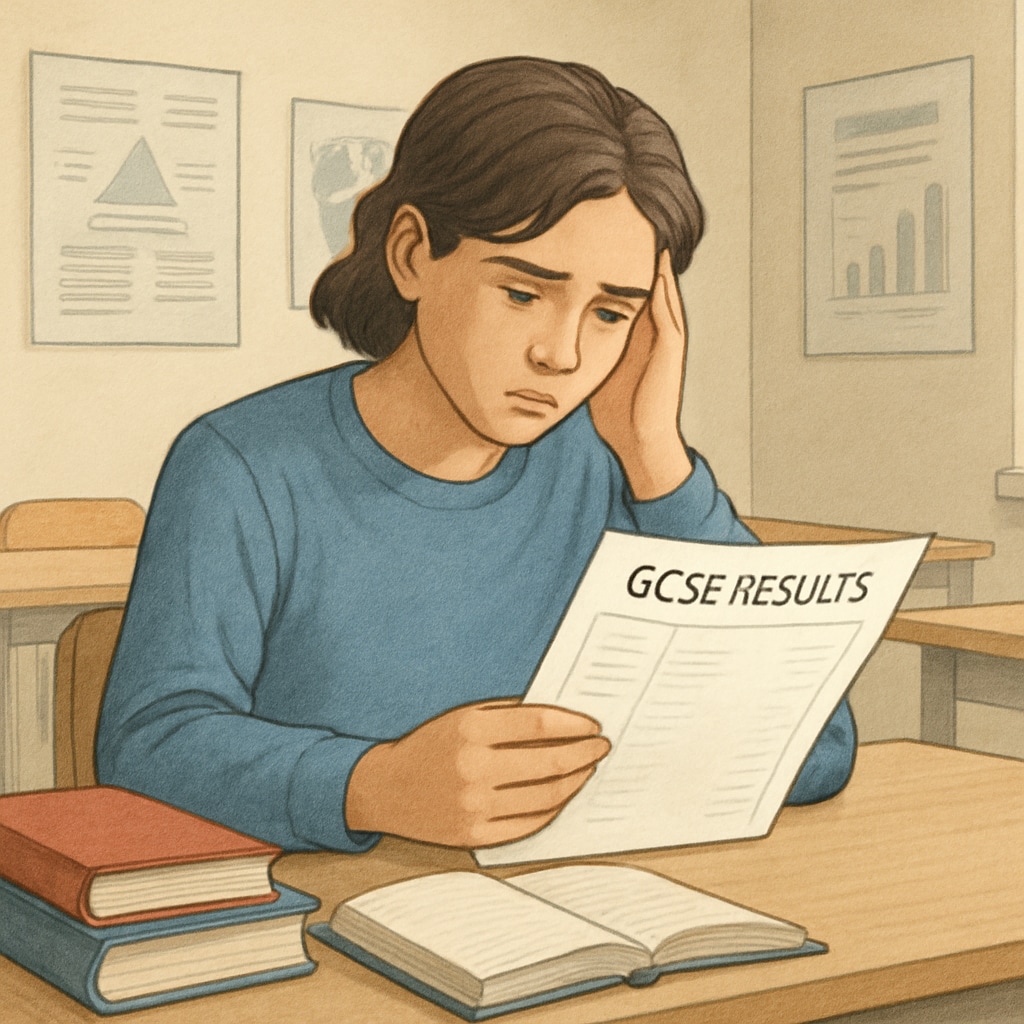For many students, GCSE results serve as a pivotal moment in their academic journey. However, when these grades fall short of expectations, it can lead to overwhelming academic anxiety and self-doubt. While society often emphasizes the importance of exam results, it’s crucial to recognize that one set of grades does not define future success. In this article, we explore the psychological and societal impacts of disappointing GCSE results, challenge the traditional evaluation system, and provide actionable steps to rebuild confidence and discover alternative paths to success.
Understanding the Emotional Impact of GCSE Results
Disappointing GCSE results can trigger a range of emotions in students, including fear, shame, and self-doubt. These feelings often stem from societal pressures that equate academic performance with personal worth. According to research from Education in the UK, students frequently internalize academic failures, leading to long-term impacts on mental health and self-esteem. For example, students may feel they’ve “failed” in the eyes of their peers, teachers, or family members, which can result in a diminished sense of self-belief.

Why Society Overemphasizes Exam Results
The societal obsession with exam results is deeply rooted in traditional education systems. Standardized tests like GCSEs are often viewed as definitive indicators of intelligence or potential, which can create undue pressure on students to perform. However, this narrow focus overlooks the diverse skills and talents that students possess. Many successful figures across industries—from entrepreneurs to creatives—have thrived despite modest academic achievements.
Furthermore, the correlation between exam results and future success is not as direct as commonly believed. A study by Britannica on education highlights that soft skills such as emotional intelligence, adaptability, and interpersonal communication often hold greater importance in professional environments.

Rebuilding Confidence After Academic Setbacks
Students facing academic setbacks should focus on rebuilding confidence and exploring alternative pathways. Here are some practical strategies:
- Shift Perspective: Understand that grades are only one measure of success and do not define your worth as an individual.
- Seek Support: Reach out to mentors, counselors, or trusted adults who can provide guidance and reassurance.
- Explore Options: Investigate vocational training, apprenticeships, or alternative qualifications that align with your interests.
- Set Goals: Create realistic, achievable goals to regain a sense of purpose and direction.
By adopting these strategies, students can begin to rebuild their self-esteem and discover opportunities that align with their unique strengths.
Challenging the Traditional Evaluation System
To reduce the undue pressure on students, it’s essential to challenge the traditional evaluation system. Education should prioritize diverse methods of assessment, such as project-based learning, practical skills evaluations, and collaborative tasks. These approaches allow students to showcase their abilities beyond written exams, fostering a more inclusive and equitable system.
Moreover, educators and policymakers should encourage a culture that values growth over perfection. By teaching students that setbacks are learning opportunities, we equip them with the resilience needed to succeed in life’s unpredictable challenges.
In conclusion, GCSE results, academic anxiety, and self-doubt are common challenges faced by students. However, these hurdles do not define a person’s future. By shifting perspectives, seeking support, and embracing alternative pathways, students can overcome setbacks and thrive in unique and fulfilling ways. Remember, success is not a straight line—it’s a journey shaped by resilience, adaptability, and self-belief.


